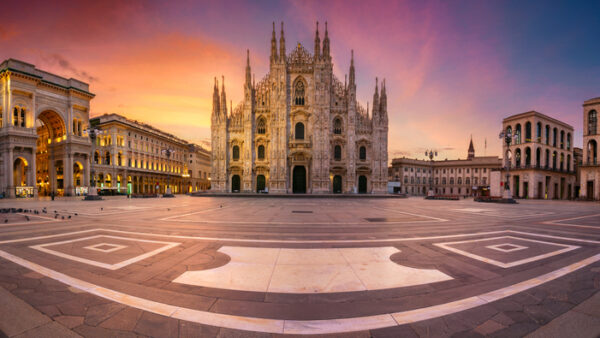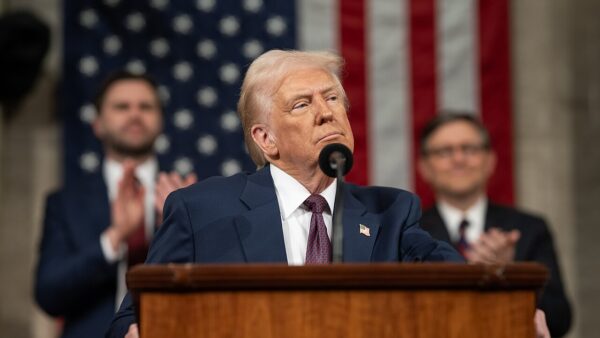The market for new buildings in Vietnam’s will grow on average 7.2% a year between 2021 and 2029 thanks to rapid urbanisation and an influx of foreign investment, risk and research company Fitch Solutions has predicted.
The Covid-19 pandemic will give the country trouble this year, particularly in its growing tourism sector, but macroeconomic and demographic trends spell longer term good news, the company said in a note to GCR.
Fitch said the US-China trade war in 2019 prompted low-end electronics and textile manufacturers to move operations from China to Vietnam.
It believes the coronavirus pandemic will also lead to further shifting of production lines away from China, with Vietnam likely to benefit.
South Korea’s Samsung has begun building an R&D centre in Hanoi, joining electronics companies such as Denmark’s Sonion and Japan’s Sharp in setting up bases in the country.Â
Other big companies are planning to set up production lines there, including Microsoft, Nintendo, Ricoh and Dell.
That means that, at 7.2% year-on-year growth, the construction of buildings will outpace annual growth in infrastructure construction, itself a healthy 5.7%, Fitch predicts.
Getting better for business
While would-be investors can get snarled up in foreign ownership limits and a tangle of laws and decrees covering investments, Fitch notes that the country is improving.
Of 190 economies ranked in the World Bank’s ease of doing business index, Vietnam has moved from 99th in 2013 to 70th in 2020.
Piecemeal though they have been, reforms of the country’s investment laws over the past decade have had a positive effect on investment inflows, Fitch said.
The firm drew further encouragement from a new, comprehensive law governing public-private partnerships (PPPs), which the government hopes to get through the country’s parliament this month.
It would replace multiple laws and decrees affecting PPPs.
Ahead of its neighbours
Vietnam’s ambitious investment in infrastructure will keep sharpening its competitive edge over regional peers like Bangladesh, India, and Cambodia, spurring construction activity in the coming years, says Fitch.
A number of industrial parks established across the country have attracted foreign investors with a mixture of tax incentives, lower operating costs and access to nearby roads and ports.
Major projects like the North-South Expressway linking Hanoi and Ho Chi Minh City, as well as various port improvement schemes, will ease the flow of goods around the country.Â
Strong economic growth has led to rising income levels, which in turn has resulted in an increase in demand for higher-end residential real estate, especially in dense urban areas such as Hanoi and Ho Chi Minh City.
The influx of foreign developers, mostly involved in developments catering to the high-end segment, has resulted in the relative shortage of affordable housing, a situation exacerbated by strong rural-urban migration trends in the country.
Image: View of the Landmark 81 tower completed in 2018 in Ho Chi Minh City, Vietnam (Kon Karampelas/Unsplash)
Further reading:






